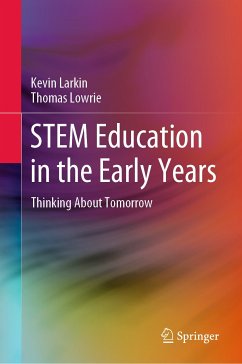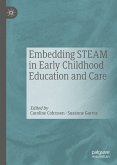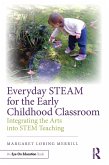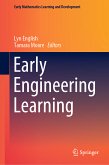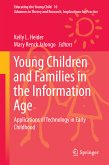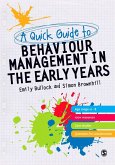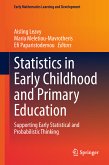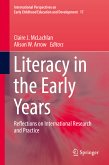This book analyses and synthesises past and current approaches to STEM Education in the Early Years, particularly the role of digital technologies and play based pedagogies, and provides a look forward to a new way of conceiving STEM Education. It presents a literature review of existing best practice in STEM education, both in Australia and internationally. It also presents theoretical and pedagogical discussions that outlines a new approach to STEM Education, based on a four-year, longitudinal, Early Years project. It provides educational frameworks for educators' use to enhance student learning in STEM, both in formal school contexts and beyond.
This book focuses on a number of core themes in the research literature, including STEM education policy (nationally and internationally); the economic, social and political implication of STEM Education; the nexus between digital technologies, STEM, and play based pedagogies; the confidence and competence of early childhood educators and their professional development requirements; STEM education beyond formal schooling; and a new pedagogical approach to STEM education.
Dieser Download kann aus rechtlichen Gründen nur mit Rechnungsadresse in A, B, BG, CY, CZ, D, DK, EW, E, FIN, F, GR, HR, H, IRL, I, LT, L, LR, M, NL, PL, P, R, S, SLO, SK ausgeliefert werden.

